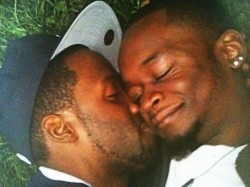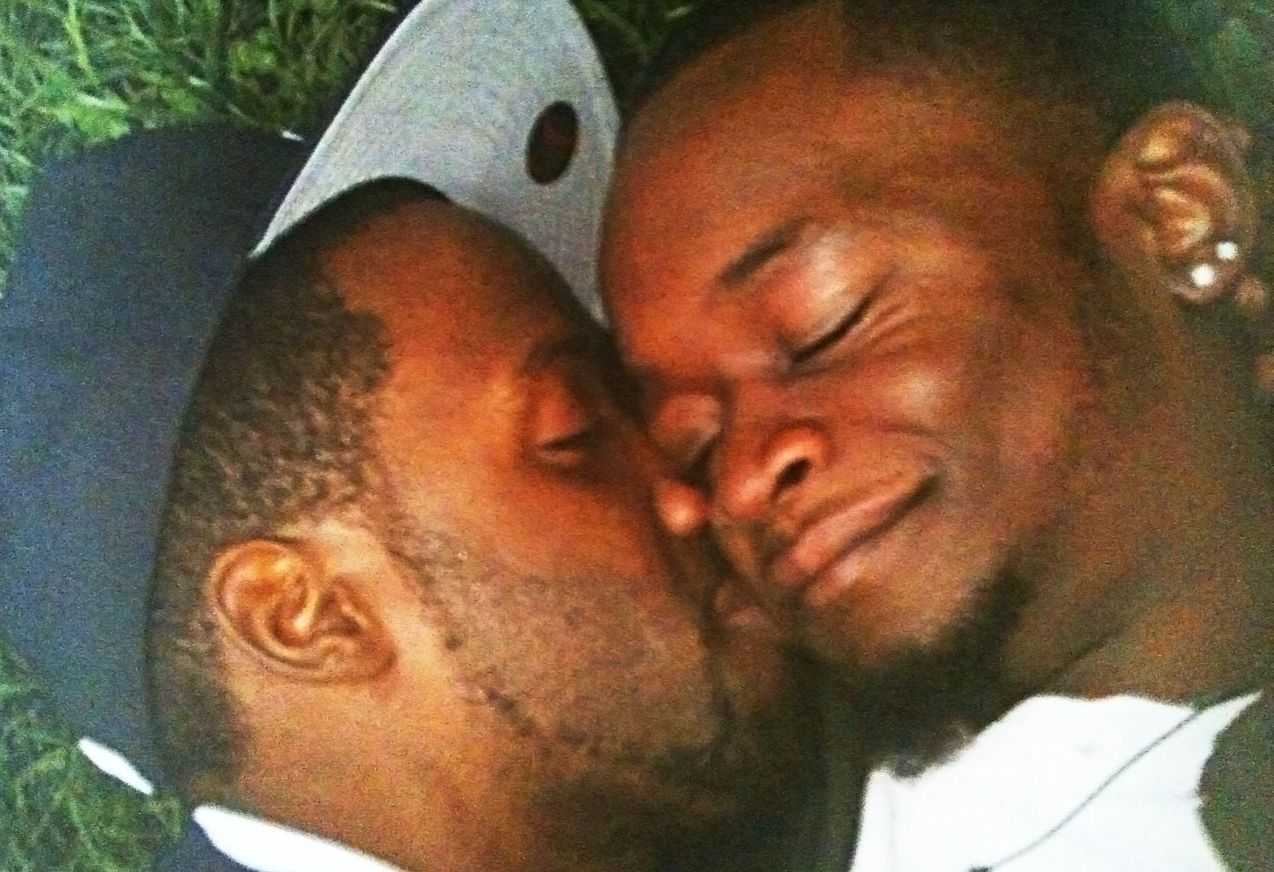In many African countries, sexual minorities do not officially exist, but homosexuality is still a criminal offence. The result: no HIV prevention and counselling for this highly affected group. This has devastating consequences.

"They have human rights - as long as they are not gay." This is how Felicita Hikuam begins her presentation at the World AIDS Conference in Vienna. With this sarcastic remark, the activist from the Aids & Rights Alliance of Southern Africa (ARASA) illustrates a widespread attitude: In many African states, sexual minorities do not exist - at least not officially.
Nevertheless, homosexuality is a criminal offence in 38 African countries, with consequences ranging from imprisonment to the death sentence. And they are far from isolated with this policy: Homosexuals are criminalised in 80 countries around the world, explained Dr Yves Souteyrand from the World Health Organisation (WHO) during his visit to the conference in Vienna.
This homophobic policy not only violates human rights, but also prevents the containment of HIV and AIDS. Felicita Hikuam presented alarming estimates from a study in Vienna: according to the study, around 35 per cent of gay and bisexual men in southern Africa are HIV-positive, at least if one considers the sexually active age group of 30 to 49 years.
"There is a worldwide HIV epidemic among gay and bisexual men," emphasises Dr Dirk Sander, Gay Affairs Officer at Deutsche AIDS-Hilfe. "Politicians must finally take note of the health problems of this target group and fund suitable programmes to solve them."
Very few countries in Africa have special counselling and testing services for these particularly vulnerable people. On the contrary: state repression discourages gay and bisexual men from approaching health centres. If they do, they conceal the possible causes of their HIV infection. "Social exclusion, discrimination and even criminalisation have so far prevented the creation of a solid epidemiological knowledge base," lamented Yves Souteyrand.
"The already vulnerable group has been driven even further underground by the latest statements from government officials," criticises Felicita Hikuam.
A current example: Malawi. The south-east African country hit the headlines in the spring when two men were sentenced to 14 years in prison simply because they had celebrated their engagement together. It was only after UN Secretary-General Ban Ki Moon personally intervened in favour of the convicts, President Bingu wa Mutharika issued a pardon.
"If human rights only apply after the UN Secretary-General has intervened, effective HIV prevention is still a long way off," says Dirk Sander. And adds: "Here, sexual minorities are being systematically persecuted and even killed in a criminal manner. A spirit must emanate from Vienna to stop these conditions for all time!"
(Philip Eicker)

